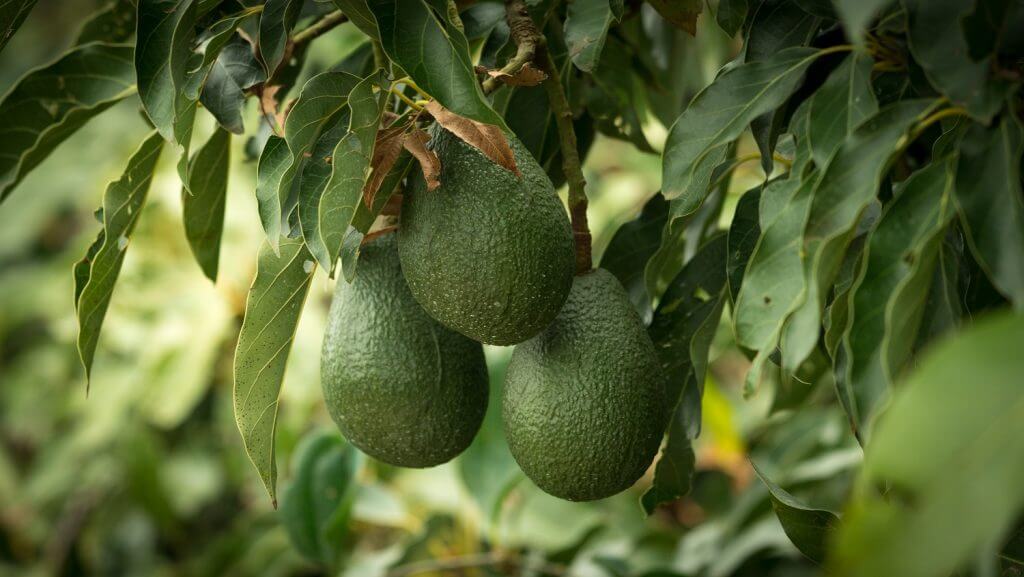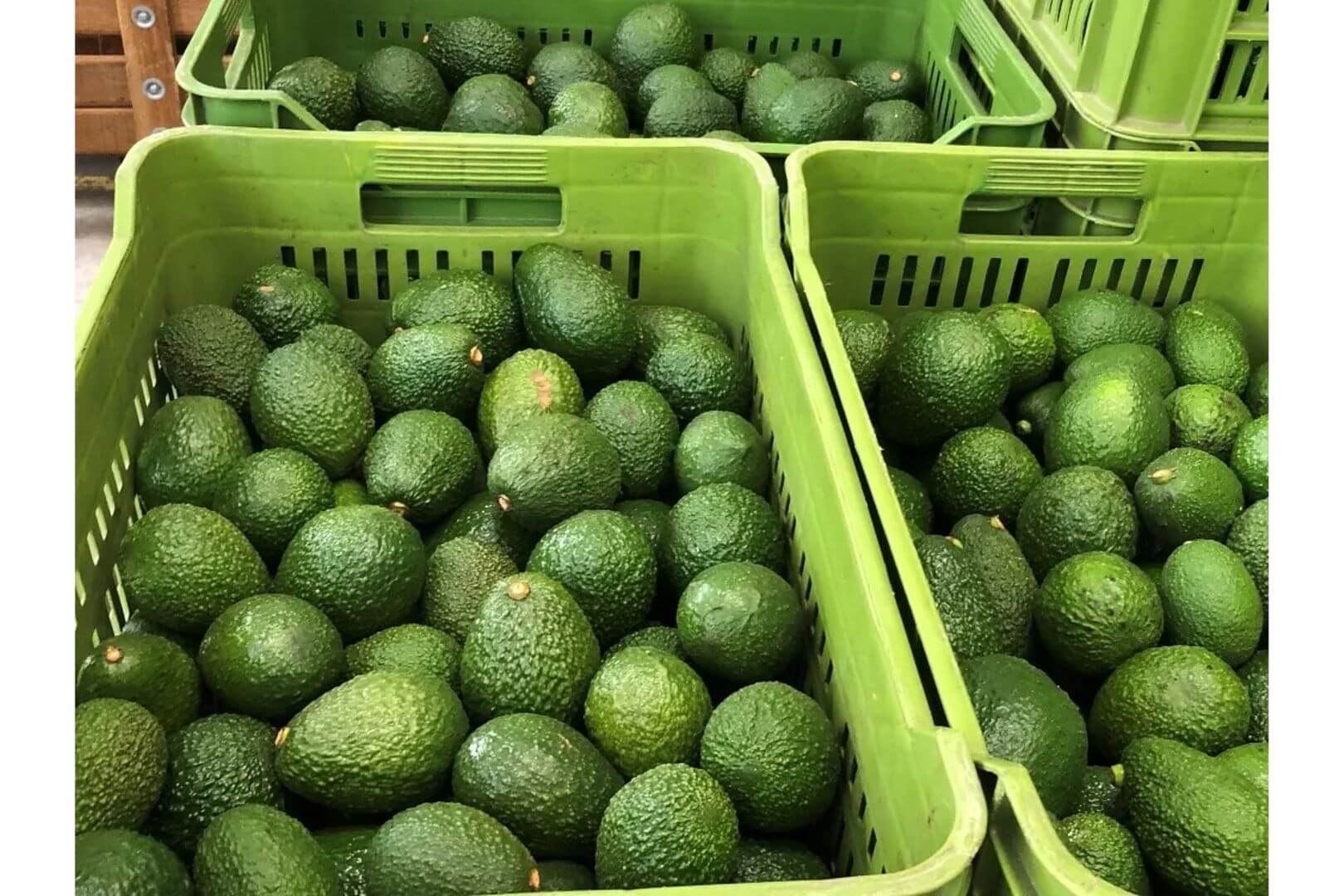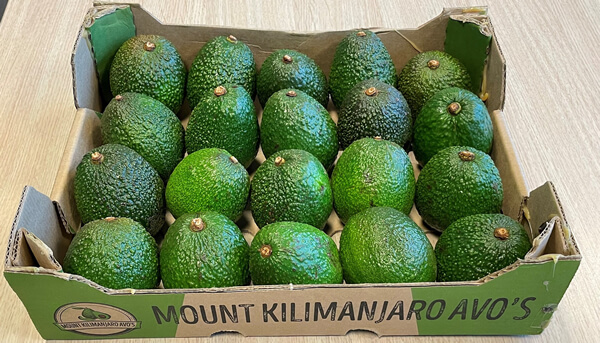Tanzania is in the final stage to accomplish bilateral trade agreements to facilitate the exportation of its agricultural commodities mainly fresh avocado fruits to China and United States of America.
Currently trade stakeholders are scrutinizing certain matters to finalize the talks that will be followed by market exploration as well as setting indicative prices which are most important in spheres of international trade.
The Deputy Minister for Agriculture Anthony Mavunde made this revelation so as to pave the way for important steps to be taken by farmers and traders to transport the required commodities in plenty to thosenations once the deal is finalized.
He told The BusinessWiz in an exclusive interview that, this is an inspiring investment opportunity which without doubts exports for the commodities will be channeled in accordance with the country’s laid down rules and regulations.

However, the deputy minister is optimistic that Tanzania has met all the international health standards for commodity exports’
He said Tanzania government has set to promote the agricultural sector to attain its status by 10 per cent by the year 2030 and added that one way to achieve the desired goals is to open as many exports for locally produced commodities.
Currently the agricultural sector is growing at an average rate of 4.8 per cent which is too low compared to the total number of farmers the majority who make up 77 per cent of the country’s total population residing in vast countryside.
Two months ago, Tanzania unlocked the lucrative avocado market to the world’s most populous nations after President Samia Suluhu made a maiden state visit to People’s Republic of China in early November this year which aimed at strengthening bilateral and trade relations.
The Head of State held talks with her counterpart President Xi Jinping with a view to elevate their bilateral relations to a comprehensive strategic cooperative partnership.
After holding talks, they witnessed the signing of 15 bilateral agreements covering trade, investment, development cooperation, digital economy, green development, and blue economy whereby China has allowed Tanzania’s exports on fresh avocado to access the latter’s lucrative and sprawling market on duty free.
The two heads of state also witnessed the signing of a draft loan agreement for the Zanzibar International Airport Terminal II project, worth around USD 56.72 million. Tanzania will also receive a grant of 100 million RMB (around USD 13.8 million) from China as part of an Agreement on Economic and Technical
Cooperation.
The move for China to grant market access for Tanzanian avocados is part of Beijing’s elaborate plans aimed to increase imports and help balance the trade with African countries.
Estimates indicate that China’s avocado import value would surge to $174 million per annum by 2026, offering Tanzania a huge opportunity to significantly boost its export of butter fruit as well as other horticultural produce.

The agreement with China represented an important economic opportunity that should wisely be used byTanzania local farmers who need to improve their avocado production to meet global demand.
Up to now, the new international markets which Tanzania has attained so far for fresh avocado includes South Africa and India which up to the end of January this year had purchased two tonnes.
Other top markets with large untapped export potential include Netherlands, France and United Kingdom worth nearly $ 150 million per annum.
Tanzania’s idea of exploring global market for fresh avocado has come at this time around following high demand of the agricultural products from many European and Asian countries in general.
China is a leading source of foreign direct investment (FDI) into Tanzania, with 1,098 investment projects in the country worth US$ 9.6 billion to date.
Tanzania established an avocado cluster in its northern zone regions in May 2021 with a view to seize the opportunity represented by the increasing international demand for avocados.
National agricultural statistics shows that, avocado is a relatively new crop that Tanzania started exporting in 2009 for the first time whereby the total sales attained up to now has amounted to US$ 600 million.
The Chief Executive Officer of the Tanzania Horticultural Association (TAHA) Dr. Jacqueline Mkindi said that Tanzania produces an estimated between 30,000 and 40,000 tons of avocado on annual basis, but 11,237 tones worth US$ 33 million are sold abroad annually.
Mkindi told The Business Wiz network that, “the process started in 2018 when TAHA discovered the overseas potential market, courting the government to use its diplomatic channels to ease the stringent conditions that restrict local avocados to access the roomy and lucrative market.
The move means a boost to the national strategy that intends to spur horticulture industry to earn the economy $ 2 billion per annum, and create decent employment to a critical mass of youths and women along the entire value chain come 2030.
However, the TAHA figures show that the commercial production of avocados is dominated by Rungwe Avocado Company Ltd and Africado Ltd, which is based in Siha District, Kilimanjaro region.
The two companies jointly produce more than 5,000 tonnes per year. The rest of the growers are smallholder farmers who own a couple to hundreds of avocado trees around their homesteads and in distant farms.
The popular avocado varieties produced in Tanzania are Hass, Fuerte, Pinkerton, and, to some extent, Puebla. Tanzania’s prominent avocado-producing areas are in the regions of Mbeya, Njombe, Songwe, and Iringa in the southwest, as well as in Kilimanjaro, Arusha, and Tanga in the northeast of the country, where coffee and tea are traditionally grown.
The other regions are Kigoma and Kagera in the northwest and Morogoro in the east of Tanzania.
At the continental and the global level, Tanzania is the third-largest producer in Africa after South Africa and Kenya. According to Chinese customs data trade with Africa increased by 35 per cent in 2021 to a record high of US$ 254 billion.
China exported $ 148 billion worth of goods to Africa, up 29.9 per cent in 2020, while receiving US$ 106 billion imports from the continent a rise of 43.7 per cent.
To help balance out the trade, President Xi vowed to boost imports from Africa to 300 billion US dollars in the next three years.
According to China’s foreign ministry, China has granted market access to 25 kinds of food and agricultural products from 14 African countries which includes Tanzania, Kenya, South Africa, Benin and Egypt.
To seize the opportunity represented by the increasing international demand for avocados, Tanzania established an avocado cluster in the northern zone regions in May 2021.







